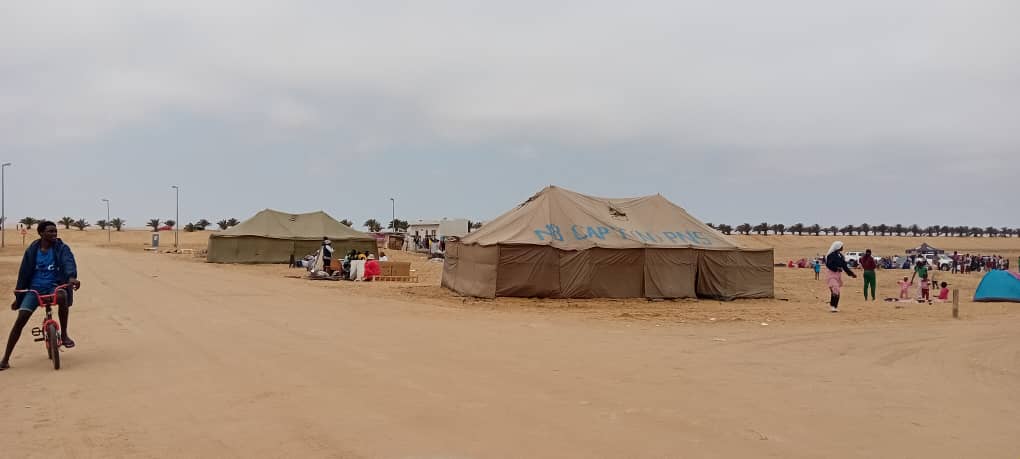OHORONGO yesterday secured nearly N$1 billion of the required N$2,5 billion to develop the country’s only cement factory.
The money will come from the European Investment Bank (EIB).Plutarchos Sakallaris, EIB Vice President responsible for Africa, confirmed the deal, saying the European financier was happy to provide 82 million euros to Ohorongo Cement and ‘stimulate economic activity in northern Namibia’.’We welcome the factory’s planned compliance with European Union (EU) emission and safety standards, and commitment to improve living standards and employment around the facility,’ Sakallaris said in a statement on the bank’s website.According to the EIB, the loan will also finance a grinding mill, access roads, a railway spur and housing facilities for the workforce.DEG, part of Germany’s KfW banking group, and the Development Bank of Southern Africa are also lenders in 250 million euro project.Schwenk Zement, a German family-owned medium-size construction materials and cement company with over 160 years experience of cement production, is acting as project promoter.’Ohorongo will have unlimited access to Schwenk’s expertise, in particular using alternative fuels such as biomass. This helps reduce carbon emissions and Namibia’s need to import cement, coal and oil,’ Gerhard Hirth, CEO of the Schwenk Group and Chairman of Ohorongo Cement, said in the statement.During a recent site visit to the factory between Otavi and Tsumeb, Schwenk Zement unveiled a new company called Energy for Future, which is exploring the use of wood chips for fuel at the factory. Although a final business decision in this regard will only be taken at the end of this year or beginning of next year, Schwenk believes that the factory could use 80 000 tons of wood chips a year – nearly 80 per cent of Ohorongo’s fuel needs. One hectare of bush-encroached land can produce about 20 to 30 tons of wood chips.Ohorongo, scheduled to be completed by 2011, is expected to produce 700 000 tons of cement per year. The plant will provide permanent jobs to 300 people, while creating at least 2 000 indirect jobs.
Stay informed with The Namibian – your source for credible journalism. Get in-depth reporting and opinions for
only N$85 a month. Invest in journalism, invest in democracy –
Subscribe Now!










